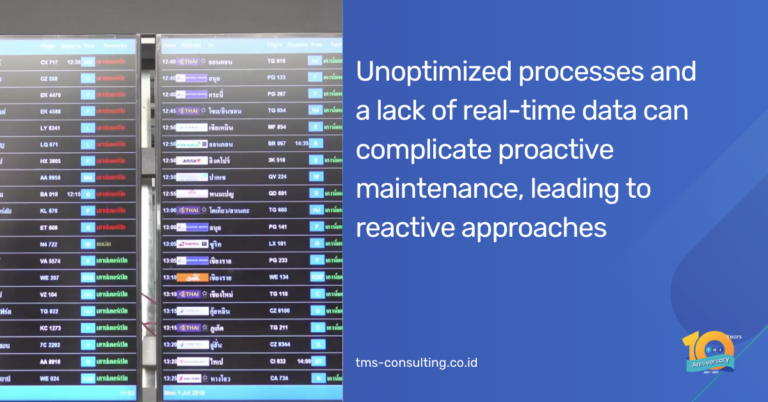In today’s competitive market, customer relationship management (CRM) is not just a tool but a strategic necessity. From small businesses to large enterprises, the ability to manage interactions with potential and existing customers can be the difference between growth and stagnation. This article explores the top benefits of CRM, highlighting statistics that showcase its transformative power in driving revenue, enhancing customer satisfaction, and supporting business longevity.
What is CRM and Why Does it Matter?
Customer relationship management (CRM) systems organize, automate, and synchronize a company’s interactions with current and prospective clients. By centralizing customer data, CRMs allow businesses to better understand customer needs and behaviors, resulting in tailored experiences that foster loyalty and increase revenue.
Key Benefits of CRM for Business Growth
1. Enhanced Customer Satisfaction
Customer satisfaction is the cornerstone of any business’s success. With a CRM system, businesses can provide personalized service by keeping track of customer interactions, preferences, and history. In addition, 47% of businesses report that CRM improves customer satisfaction, which often leads to improved retention rates.
2. Boosted Sales Revenue
CRM systems contribute to significant sales improvements by streamlining the sales process, centralizing data, and enhancing lead management. According to studies, 45% of companies say CRM implementation has led to an increase in sales revenue. Through CRM, sales teams can track potential customers’ journey, better target leads, and effectively close deals.
3. Improved Upselling and Cross-Selling Opportunities
A CRM system allows companies to recognize trends in customer purchasing behaviors, enabling sales teams to identify and seize upselling and cross-selling opportunities. Research reveals that 39% of businesses have seen a rise in their upselling and cross-selling success due to CRM adoption. With access to customer data and purchase history, businesses can recommend relevant products and services, increasing the likelihood of additional sales.
How CRM Supports Long-Term Business Success
Beyond immediate revenue and satisfaction boosts, CRM contributes to a company’s long-term goals. A well-managed CRM strategy enhances brand loyalty, as customers value businesses that understand their needs and preferences. Over time, CRM helps businesses not only to retain customers but also to turn them into advocates.
Conclusion
For any business aiming to stay competitive, implementing a CRM system is a powerful step towards increasing revenue, satisfaction, and loyalty. By leveraging CRM’s features, companies can ensure they meet customer needs, identify sales opportunities, and streamline operations—all essential ingredients for sustainable growth.
Ready to elevate your business with a powerful CRM strategy? TMS Consulting can help you unlock the full potential of CRM to drive growth, enhance customer satisfaction, and increase revenue. Contact TMS Consulting today to start transforming your customer relationships and setting your business up for long-term success.
References :
Zippia, 23 Key CRM Statistics [2023]: Growth, Revenue + Adoption Rates






